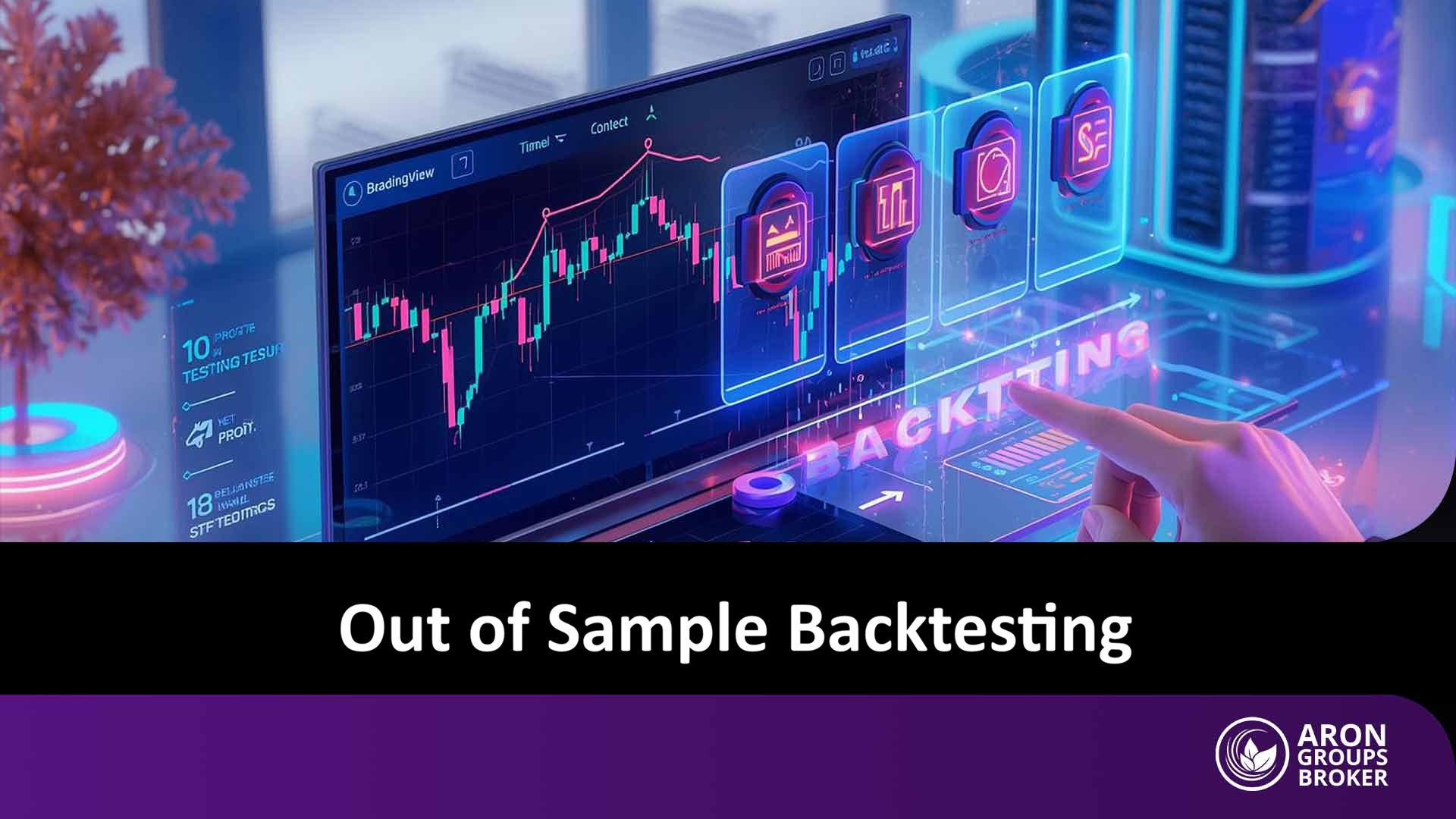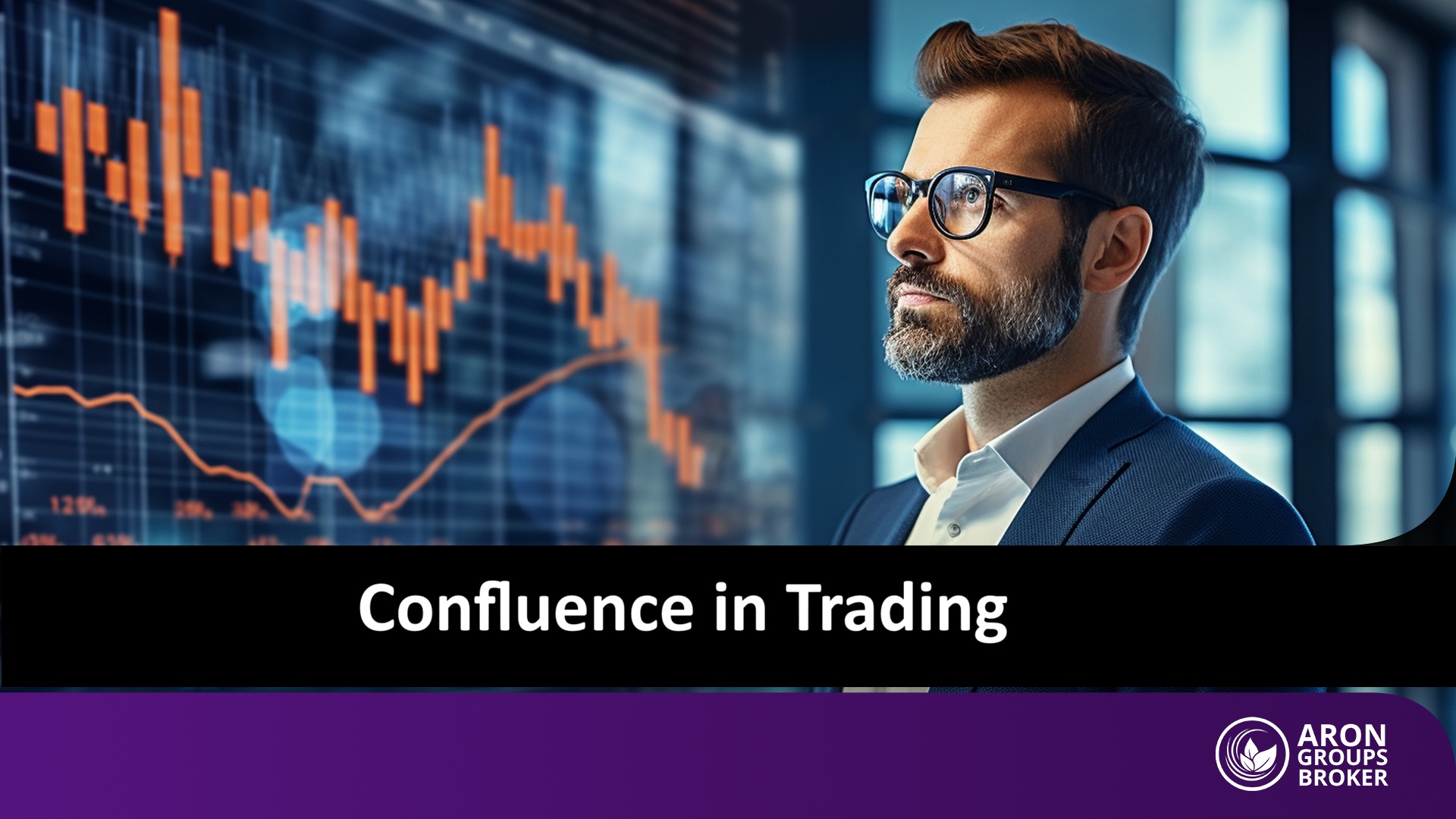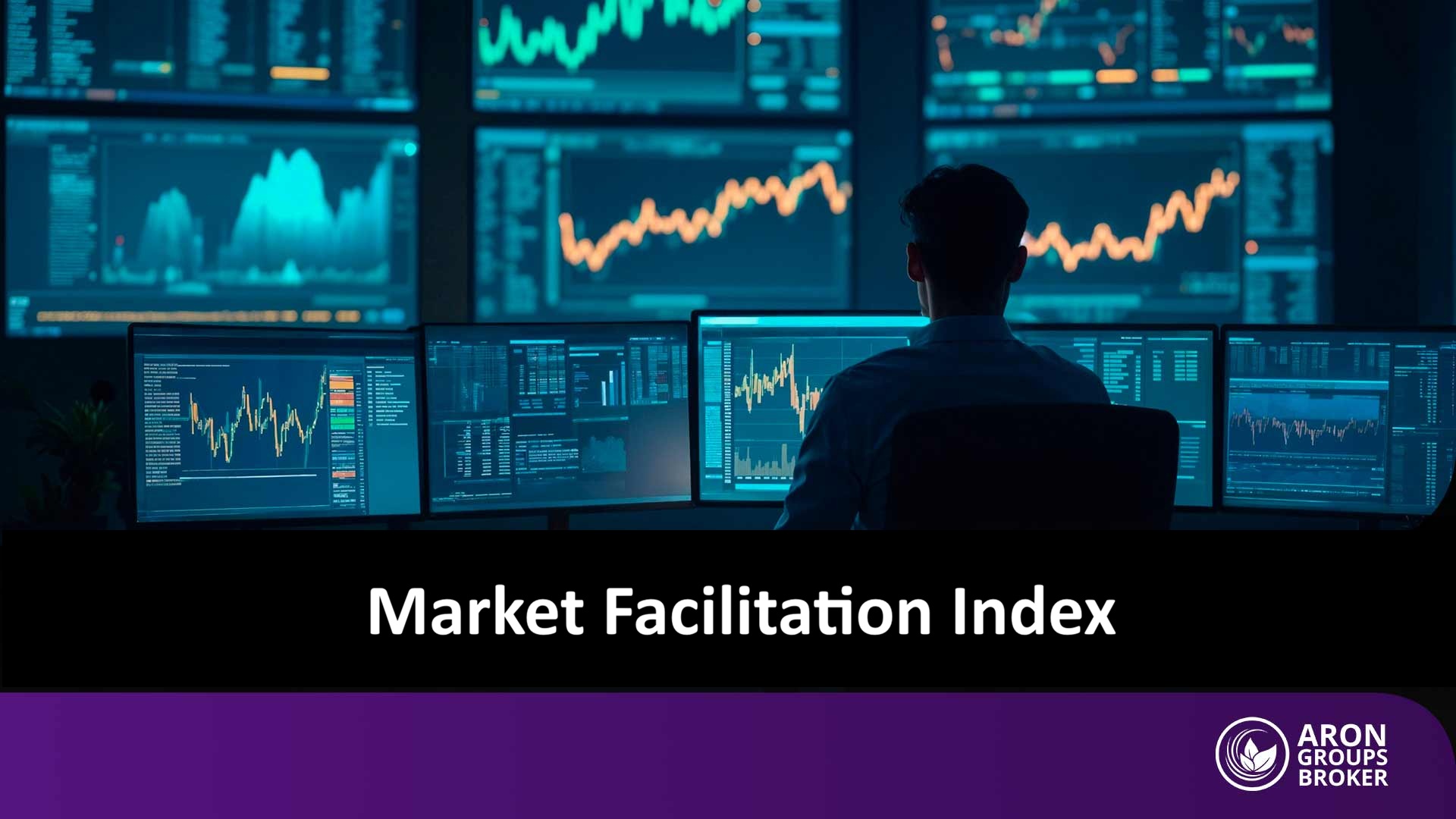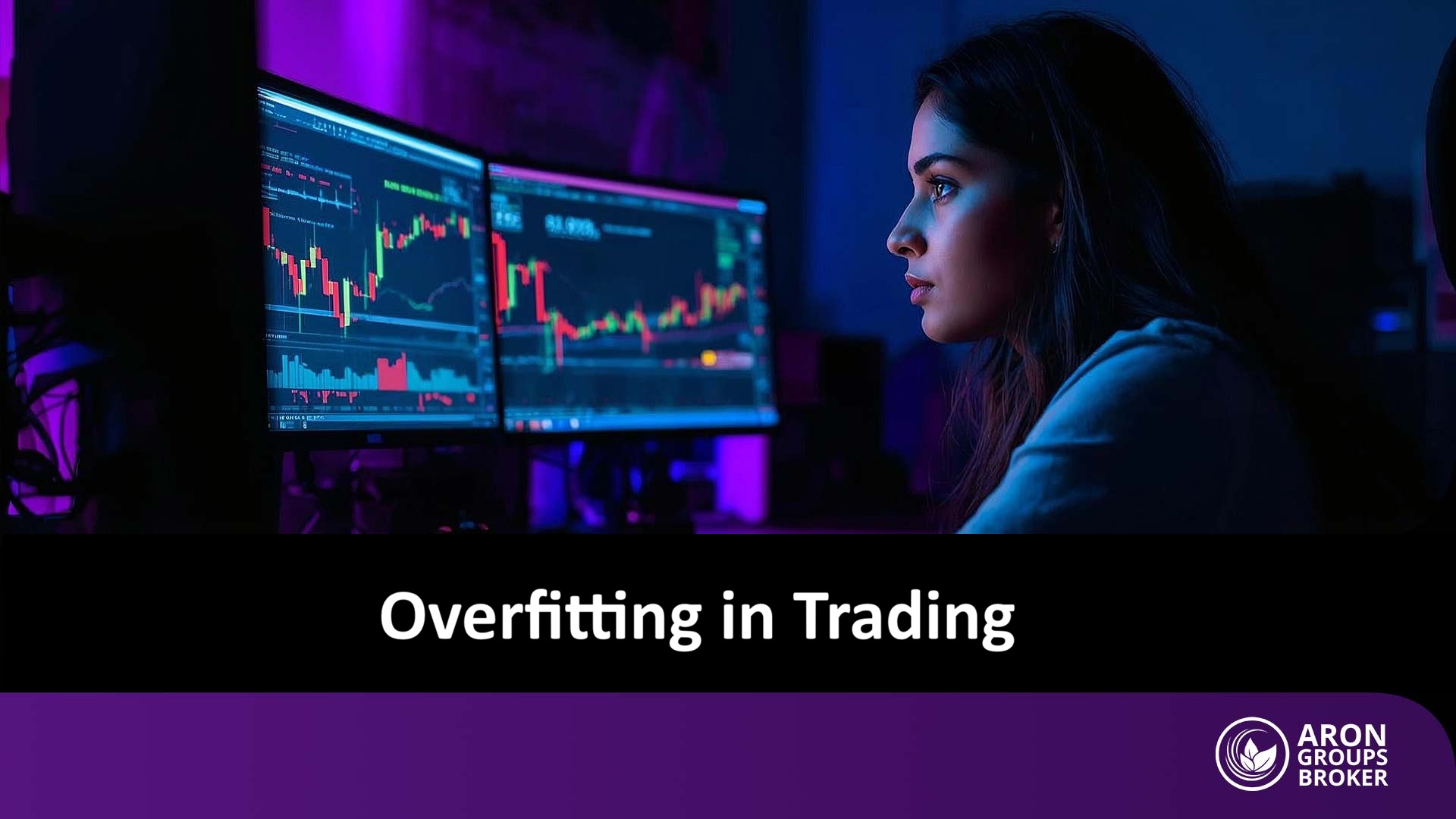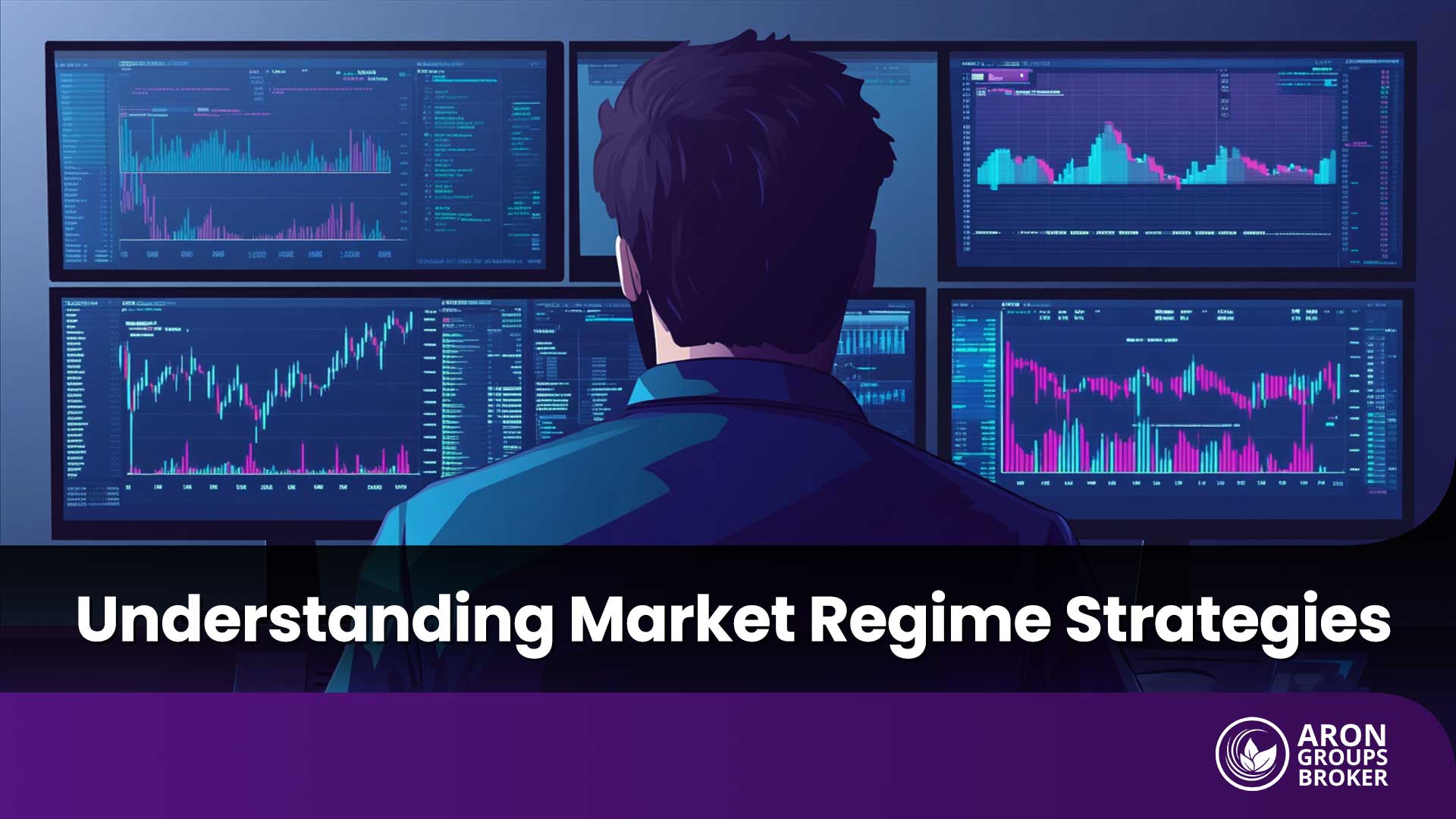As the dictionary says, exchange refers to giving and receiving something of the same kind in return.
This definition is true but now let’s make it more forex. Forex is an exchange platform where people exchange currency pairs for any reason.
What is Forex exchange?
Currency pair is the dyadic quotation of the relative value of a currency unit against the unit of another currency in the foreign exchange market.
Exchanging a currency pair is typical in the forex market. Exchanging a currency pair is different from other markets, for example, stock markets, where retail investors rarely sell physical stocks due to the financial risks involved. Because selling is so common in the forex market, the forex market is relatively immune to downturns. You trade one currency against another, so something is always going up, even in times of financial crisis.
How does Forex exchange happen?
Currency trading is about speculating on the value of one currency versus another. The keywords in that last sentence are speculating and currency. We think that looking at currency trading from those two angles or two dimensions. On the one hand, its speculation is pure and simple, just like buying an individual stock or any other financial security, hoping it will make a profitable return. On the other hand, the securities you’re speculating with are the currencies of various countries. Viewed separately, that means that currency trading is both about the dynamics of market speculation or trading and the factors that affect the value of currencies. Put them together, and you’ve got the world’s most significant, dynamic, and exciting financial market.
What does Risk on/Risk off mean?
One of the first things new clients ask is what risk on/risk off means. Risk on/risk-off is a piece of financial market jargon that all traders should know because it can determine the direction of a currency. Risk-on/risk-off refers to changes in investment behavior in response to global economic conditions. For example, when risk is perceived as being low, risk-on/risk-off states that investors tend to engage in higher-risk activities; in contrast, when the risks are perceived as high, investors tend to move toward lower-risk investments. Risky currencies include emerging markets and some of the less liquid G10 currencies, such as the Scandis (the Norwegian krone and Swedish krona), CAD, AUD, and NZD. Interestingly, most of the higher-risk currencies are commodity producers’ currencies. According to risk on/off, these currencies should fall when risk is perceived as high.
What affects Forex exchange?
In contrast, the JPY, CHF, and, occasionally, the USD are considered safe havens and tend to be bought when risk aversion is high. The JPY is probably the most famous safe-haven; it can rally when the risk is centered in Japan. For example, after the 2011 Japanese tsunami, the yen surged. The two markets occasionally intersect, though this is usually only at the extremes and for brief periods. For example, when equity market volatility reaches extraordinary levels (say, the Standard & Poor’s [S&P] loses 2+ percent in a day), the USD may experience more pressure than it otherwise would but there’s no guarantee. The U.S. stock market may have dropped on an unexpected hike in U.S. interest rates, while the USD may rally on the surprise move. In another example, the Japanese stock market is more likely to be influenced by the value of the JPY due to the importance of the export sector in the Japanese economy. A rapid rise in the value of the JPY, which would make Japanese exports more expensive and lower the value of foreign sales, may translate to an adverse stock market reaction to the expectation of lower corporate sales and profitability.
What we do know about the future is that we will once again experience unpredictable stock market shockers. The markets would continue to fall or seemingly off a cliff, or they’ll catch hold of a rocket to soar into the stratosphere. Armed with the knowledge of how stock markets reflect business earnings, you won’t be seduced to take silly risks and won’t be as fearful when markets fall. Building a responsible portfolio of stock and bond indexes will create more stability in your account while providing opportunities to take advantage of stock market silliness.
What are the risks of forex exchange?
Speculating is all about taking on financial risk in the hope of making a profit. But it’s not gambling, and it’s not investing. Gambling is about playing with money even when you know the odds are stacked against you. Investing is about minimizing risk and maximizing return, usually over a long period. Speculating, or active trading, is about taking calculated financial risks to attempt to realize a profitable return, usually over a concise time horizon. To be a successful trader in any market requires dedication (in terms of both time and energy), resources (technological and financial), discipline (emotional and financial), decisiveness, perseverance, and knowledge.
But even if you have all those traits, there’s no substitute for developing a comprehensive trading plan. You wouldn’t open up a business enterprise without creating a business plan. So, you shouldn’t expect any success in trading if you don’t develop a realistic trading plan and stick to it. Think of trading as if it were your own business, and approach it as you would a business enterprise because that’s what it is.
Forex exchanging can be very rewarding; on the other hand, it could be risky, so as a skillful trader, you must be ready for every unpredictable situation.
As you know, in forex, traders exchange currencies pair, and the related risks are due to the change in the relative currency valuations. When depreciation happens, it can affect the values and investments. The question is, why does something like that happen?
Imagine a country exporting oil. When the oil prices rise, that country’s currency would have a higher level and vice versa.
To prevent such problems, we suggest hedging. With hedging, you can offset currency fluctuations. However, remember that hedging in forex exchange reduces your profits.
























